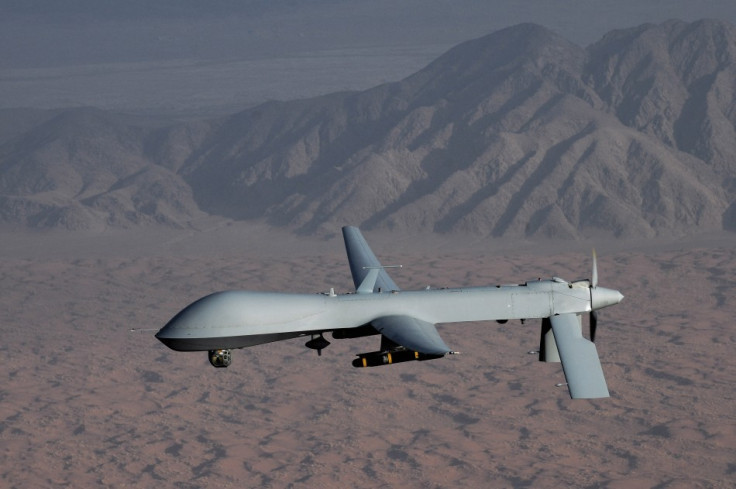UK Stance on Autonomous Killer Robots is 'Meaningless' says Campaign Group
The UK government was the only one of 26 nations to say existing laws on autonomous 'killer robots' are sufficient, a stance branded as "meaningless" by campaigners.

Speaking before the United Nations Human Rights Council in Geneva, UN special rapporteur Prof. Christof Heyns asked for a block on laws permitting the development of robot weapons until they can be debated further, warning they could enable war crimes to go unpunished.
Heyns said: "Human rights require that human beings should in one way or another retain meaningful control over weapons of war. [Nations should] declare and implement national moratoria on the production, assembly, transfer, acquisition, deployment and use of LARs [lethal autonomous robots] until a framework on their future has been established."
While 25 of the 26 attending states - including France, Russia and the US - agreed that further debate on the weapons is required, the UK was alone in saying it considered existing rules to be sufficient.
Thomas Nash, director of the UK weapons monitoring organisation Article 36, said: "It is meaningless and disingenuous for the UK to say that existing rules are sufficient when there has been no public or parliamentary debate on autonomous weapons.
"Today's ill-considered statement sounded like the UK trying to dodge discussion on what the rest of the world clearly sees as a fundamental shift in the way humans use violent force. We expect that the UK will reconsider its position and support international regulation on fully autonomous weapons."
Speaking to IBTimes UK, Laura Boillet of Article 36 said: "The UK stands alone in being the only country that doesn't see the need to have further discussions on fully autonomous weapons...it shows that the UK does not grasp the issue."
Human in the loop
Heyns argued that the deployment of autonomous weapons may be unacceptable "because no adequate system of legal accountability can be devised."
These weapons are a step up from the controversial unmanned drones used by the US military, as these are controlled by humans, whereas LARs have the potential to be fully automated.
Heyns explained: "While drones have a 'human in the loop', who takes the decision to deploy lethal force, the new technology of LARs involves an on-board computer that takes these decisions on its own.
"No state is currently using fully autonomous weapons that would classify as LARs, but the technology is already widely available."
Obama
In a speech last week President Obama defended the use of drones, arguing that they are not only legal, but also the most effective way of targeting enemies, adding that traditional armed assaults were more dangerous for both civilians and allied soldiers.
Article 36 has previously voiced concerns about the UK's position on LARs technology, despite it not yet being in use, and launched the Stop Killer Robots campaign in April. At the time, the pressure group warned that the UK was at risk of "sleepwalking into an acceptance of fully autonomous weapons."
It was stated in the House of Lords in March that "the operation of weapons systems will always be under human control. No planned offensive systems are to have the capability to prosecute targets without involving a human."
© Copyright IBTimes 2025. All rights reserved.






















